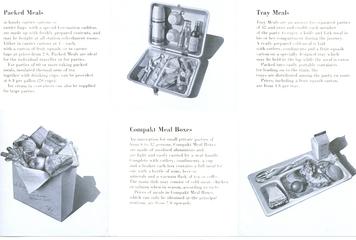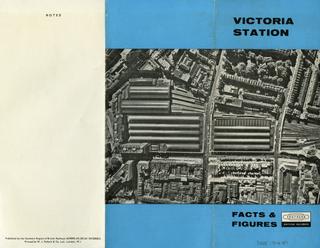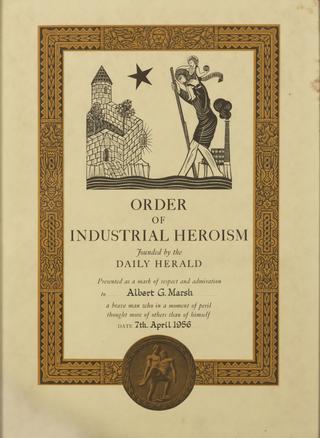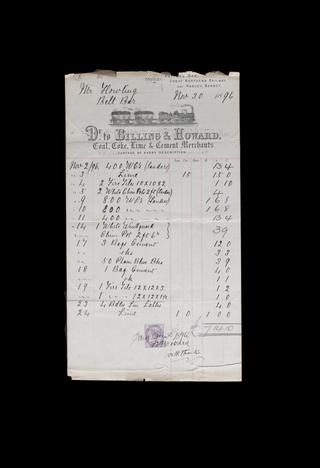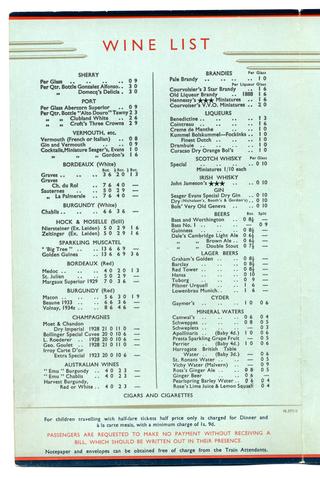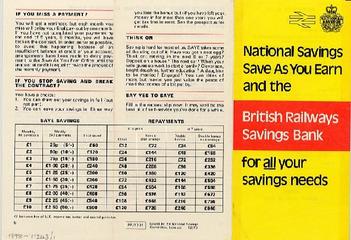
Order of Service for the Ladbroke Grove Memorial Service. Westminster Central Hall
- Made:
- 2000
Order of Service for the Ladbroke Grove Memorial Service. Westminster Central Hall, London, 5 October 2000.
On 5 October 1999, a Thames Trains service had left Paddington Station and was travelling west. The 6.03 First Great Western service from Cheltenham to Paddington was travelling towards London. As the Thames Trains service approached Ladbroke Grove it should have been held at a red signal; instead, it continued past the signal and onto the Up Main Line.
At 8.09, the Thames Trains service collided nearly head-on with the First Great Western train from Cheltenham, a High Speed Train comprising eight Mark 3 coaches with a Class 43 power car at each end. It was much sturdier than the Thames Train, a British Rail Class 165 Turbo, whose leading car was completely destroyed. Fuel ignited in a fireball, totally burning out coach H at the front of the HST and starting separate fires all across the wreckage.
31 people died, including the drivers of both trains – 24 of these were on the Turbo train. Over 500 people were treated for injuries.
It later emerged that the signal the driver had run, SN109, was notorious for “signal passed at danger” incidents, having had eight recorded in the previous six years. Additionally, electrification of the line in 1994 had led to equipment obscuring the signal; in particular the red aspect was badly covered. It was also discovered that there were serious shortcomings in training for staff on Thames Trains – the driver of the Turbo had only qualified two weeks earlier.
Following the crash, an inquiry recommended the creation of the Rail Safety and Standards Board and later the Rail Accident Investigation Branch. Thames Trains was fined £2 million after admitting violations of health and safety law. Network Rail pleaded guilty to charges under the Health and Safety at Work Act 1974 and was fined £4 million.
Details
- Category:
- Documents
- Object Number:
- 2002-7487
- type:
- service sheet
- credit:
- British Transport Police History Society
